Removal of the thyroid gland (thyroidectomy)
The thyroid gland is an endocrine organ that regulates metabolism, heart function, and the nervous system. When the thyroid is functioning properly, a person feels healthy and energetic. The development of tumors, goiters, and thyrotoxicosis can lead to difficulty breathing and swallowing, significantly reducing quality of life and requiring medical attention. In such cases, thyroidectomy is recommended. Statistics show that thyroidectomy has a 92% success rate.

specialists

equipment

treatment
Contraindications to surgery

Thyroid removal has a number of absolute and relative contraindications. The former include:
- Infections. Pneumonia, acute pharyngitis, and sepsis increase the risk of postoperative complications.
- Cardiopulmonary failure. Anesthesia and surgery are life-threatening.
- Bleeding disorders. The risk of massive bleeding during surgery increases.
- Uncontrolled thyrotoxicosis. If thyroid hormone levels are extremely high, surgery without prior stabilization risks developing a thyroid crisis.

Relative restrictions require careful preparation and adjustment. These include:
- Chronic diseases of internal organs. Cardiovascular diseases, diabetes, liver or kidney pathologies increase the risk of complications and delay recovery after surgery.
- Pregnancy. Thyroidectomy is performed after childbirth unless there are life-threatening indications.
- Age. For patients over 75, surgery is performed only if absolutely necessary.
- Obesity and anatomical features. Excess body weight, a pronounced goiter, and neck anomalies make the procedure technically challenging.
Exacerbation of autoimmune diseases increases the risk of bleeding or tissue injury. Uncontrolled hypertension threatens the stability of the patient during surgery.
Preparing for surgery
The process is not limited to superficial inflammation. The infection quickly spreads deeper, destroying surrounding structures. 5-7 days before surgery, the doctor adjusts the intake of hormonal drugs and anticoagulants. 6-8 hours before anesthesia, you must not eat or drink. 3 days before, you should exclude foods and supplements high in iodine from your diet. Quitting alcohol and smoking 1-2 weeks before surgery improves blood circulation, reduces the risk of tachycardia and respiratory complications during anesthesia.
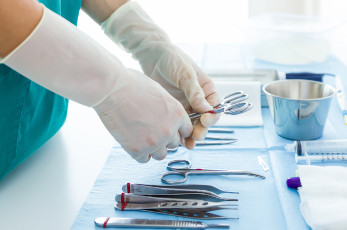
Before thyroidectomy, the patient undergoes a comprehensive examination, which includes:
-
Ultrasound to assess the size and structure of nodes
-
Puncture biopsy of nodes if a malignant tumor is suspected
-
Blood tests
-
CT or MRI of the neck (if necessary)
-
Consultations with an endocrinologist, anesthesiologist, surgeon
How the surgery is performed
A thyroidectomy lasts from 40 minutes to 3 hours, depending on the extent of the procedure and the patient's condition. Shorter surgeries are performed for resection of a single thyroid lobe or for small nodules. Complete removal of the gland takes longer.
General Stages of the Surgery
Thyroidectomy involves several stages:
- Preparation. The patient is placed on the operating table, with the neck slightly tilted to allow better access to the thyroid gland. General anesthesia is administered, after which devices are connected to monitor pulse, blood pressure, and respiration.
- Skin incision. To make the scar less noticeable, the incision is made along the natural crease of the neck (2-5 cm). The surgeon dissects the soft tissue and muscle, carefully preparing the surgical site with an antiseptic to minimize the risk of infection.
- Removal of the thyroid gland. The doctor separates the gland from the surrounding tissue, preserving the recurrent laryngeal nerve and parathyroid glands. If cancer is suspected, lymph node removal may be necessary.
- Thyroid Removal. Depending on the indication, a total or partial thyroidectomy is performed.
- Bleeding control. After removal, the surgeon assesses the integrity of the surrounding tissue and cauterizes small vessels. Sometimes, a drain is placed to drain blood and prevent hematomas.
- Incision closure. The skin is sutured with an inconspicuous cosmetic suture, and a neck bandage is applied to protect the suture from friction and damage.
Depending on the extent of the procedure, the patient remains under observation in the hospital for 2-5 days. The doctor monitors vital signs, calcium and hormone levels, and voice quality.
Types of thyroid surgery
Based on the amount of tissue removed, the following types of surgery are distinguished:
- Total thyroidectomy. Involves the removal of the entire thyroid gland. Eliminates the possibility of disease recurrence in the remaining tissue and facilitates hormonal control after surgery.
- Hemithyroidectomy. Only one lobe of the thyroid gland is removed. After surgery, ongoing thyroid replacement therapy is usually not required. There is a risk of new nodules forming, necessitating repeat surgery.
- Subtotal resection. This involves removing most of the thyroid gland while preserving endocrine function and causing minimal trauma. Monitoring is required, as the remaining fragment may enlarge and cause nodules.
- Lymph node dissection. The lymph nodes are removed along with the thyroid gland. This surgery reduces the risk of cancer recurrence, but increases the risk of nerve and vascular damage.
When choosing a treatment method, the doctor considers the patient's overall condition, age, and the risks associated with the surgery.
Endoscopic thyroidectomy
Endoscopic thyroidectomy is a modern, safe, and minimally invasive method. The surgery is performed through small incisions using a video camera. After healing, barely noticeable scars remain, which is important for patients concerned about their appearance.
Endoscopic thyroidectomy causes less trauma to muscles and surrounding tissues and speeds recovery. The patient stays in the hospital for 1-2 days, after which they return to their normal activities.
Postoperative period
Incision care includes antiseptic treatment and bandaging to reduce swelling. It is recommended to limit neck movement and avoid straining and trauma to the incision in the first days after surgery. A liquid or semi-liquid diet is recommended for the first 24 hours, with a gradual transition to a normal diet over 5-7 days.
Possible Complications
Among the most common complications:
- Damage to the recurrent laryngeal nerve. This manifests as hoarseness, voice changes, and difficulty speaking. It is temporary and resolves within a few weeks or months.
- Hypoparathyroidism. This develops due to dysfunction of the parathyroid glands and calcium deficiency. It is characterized by numbness of the lips and fingers, cramps, and tingling. It requires temporary or lifelong calcium replacement therapy.
- Infection. This manifests as redness, pain, and purulent discharge. It is treated with antibiotics and suture care.
- Bleeding, hematoma. This is a rare but dangerous complication that can compress the airway. Requires immediate intervention.
Swelling and discomfort in the neck are also possible, but do not affect organ function and resolve within 1-2 weeks. Difficulty eating and a foreign body sensation are sometimes observed.
Patient Rehabilitation
The main goal of rehabilitation is to help the patient recover and live a life without serious limitations. To achieve this, it is important to take care of not only physical but also mental health. Psychologist support can help cope with the stress associated with lifelong hormone therapy and the presence of a cosmetic scar in the neck. The doctor teaches patients to accept changes in their appearance and maintain self-confidence.
To ensure the patient feels cared for and supported, it is important to involve family members in the recovery process. Talking to people who have gone through similar experiences helps alleviate feelings of loneliness and strengthens confidence in successful rehabilitation.
Patient Rehabilitation
The main goal of rehabilitation is to help the patient recover and live a life without serious limitations. To achieve this, it's important to take care of not only physical but also mental health. Support from a psychologist can help cope with the stress of lifelong hormone therapy and the presence of a cosmetic scar on the neck. The therapist teaches patients to accept changes in their appearance and maintain self-confidence.
To ensure the patient feels cared for and supported, it's important to involve family members in the recovery process. Connecting with people who have gone through similar experiences can help alleviate feelings of loneliness and strengthen confidence in successful rehabilitation.
Our specialists
At the K+31 Clinic, thyroid removal is performed by qualified and experienced surgeons. Using modern techniques and high-tech equipment, we minimize the risk of complications and expedite the recovery process. Our specialists support patients throughout every stage: from the initial consultation and examination to full recovery. You can schedule an appointment on our website by filling out the form.
Prices
The cost of thyroid removal in Moscow depends on the extent of the surgery, the presence of significant compression of the neck organs, previous interventions, and complications. All these factors complicate the surgeon's work, require more time and resources, which increases the cost.
The final price is also affected by the type of anesthesia and medications used during the procedure and in the postoperative period. You can view the current price list on the K+31 Clinic website or by calling us.

Frequently Asked Questions
When is thyroid removal necessary?
Surgery is prescribed for tumors that interfere with breathing or swallowing. Intervention is also carried out for hyperthyroidism, when other treatment methods are ineffective. The doctor makes an individual decision after diagnosis.
Is it possible to live without a thyroid gland?
Yes, it is possible. After surgery, the doctor prescribes lifelong hormonal drugs to replace the missing hormones in the body. Proper treatment helps maintain the patient's quality of life.
What complications can arise after surgery?
In rare cases, hoarseness, pain, swelling. Damage to the parathyroid glands can lead to hypocalcemia, which is characterized by muscle spasms, tingling, and numbness in the extremities.
Will the scar on the neck be visible?
With traditional open surgery, a noticeable scar remains on the neck, which can be corrected with mechanical or laser resurfacing. Endoscopic methods allow the thyroid gland to be removed without visible scars, since incisions are made in the mouth or armpit.
How long does rehabilitation last after surgery?
The patient stays in the hospital for 1-3 days. Full recovery takes up to 3 weeks.
Are there any dietary restrictions after removal thyroid?
There is no special strict diet. A balanced diet rich in protein, vegetables, and calcium is recommended. You should exclude seafood, seaweed, and iodized salt from your diet, and stop taking iodine-containing supplements. Excess iodine increases inflammation and negatively affects the heart and metabolism.
Do I need to see an endocrinologist after surgery?
Yes, I do. The doctor monitors hormone and calcium levels, adjusts the dosage of hormonal drugs, and monitors your general condition.

This award is given to clinics with the highest ratings according to user ratings, a large number of requests from this site, and in the absence of critical violations.

This award is given to clinics with the highest ratings according to user ratings. It means that the place is known, loved, and definitely worth visiting.

The ProDoctors portal collected 500 thousand reviews, compiled a rating of doctors based on them and awarded the best. We are proud that our doctors are among those awarded.
Make an appointment at a convenient time on the nearest date
Price







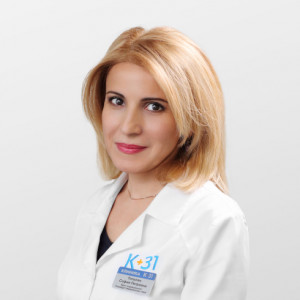
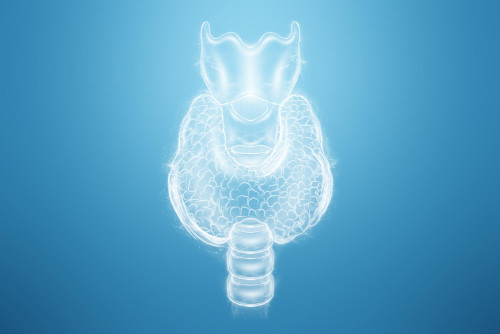
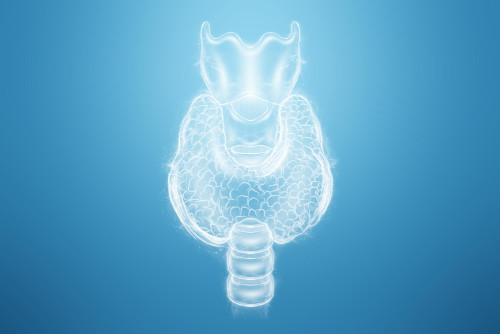
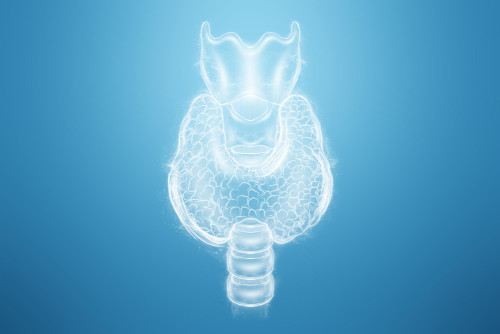
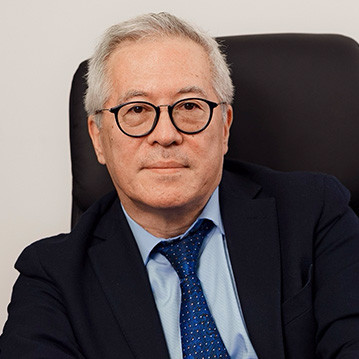
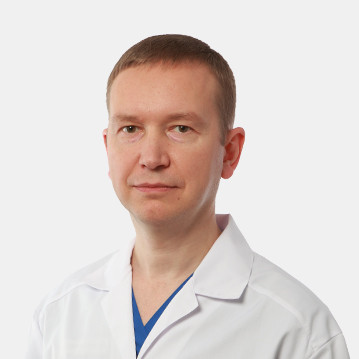
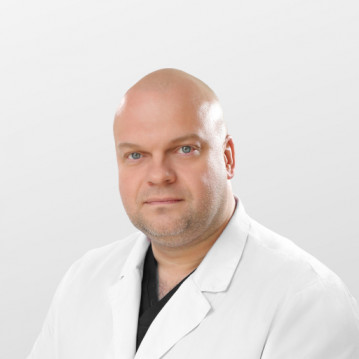
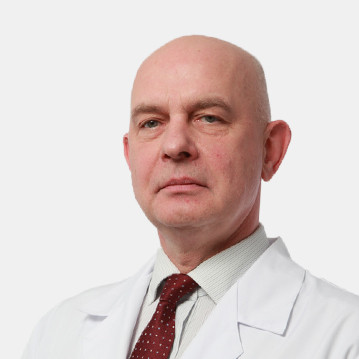
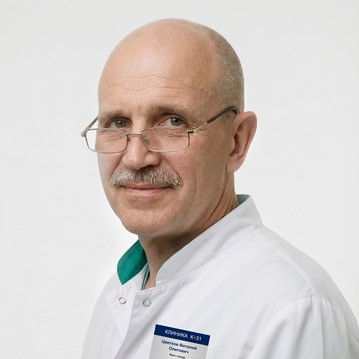
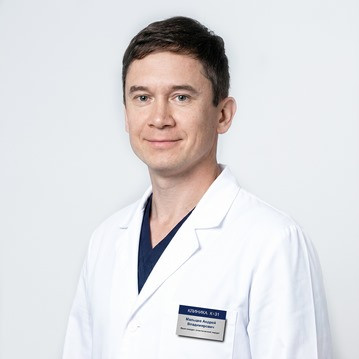
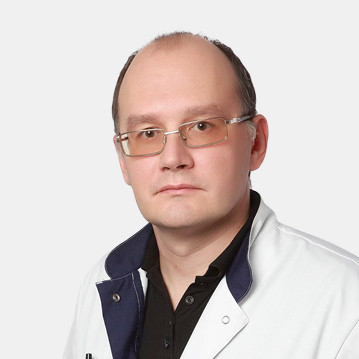
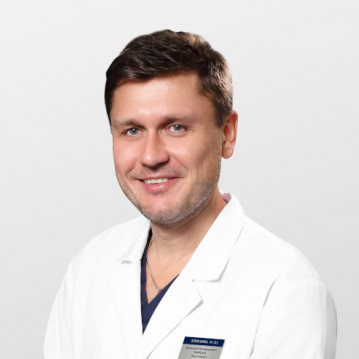
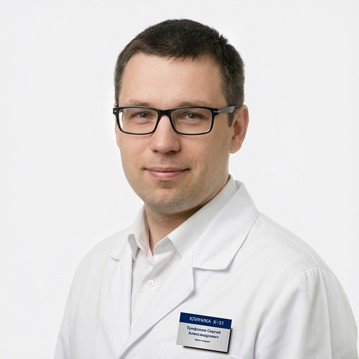
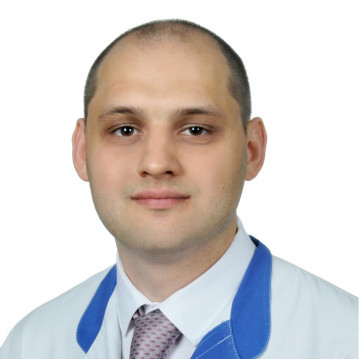

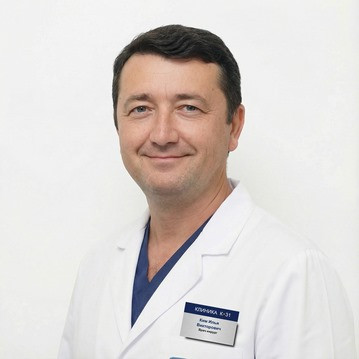
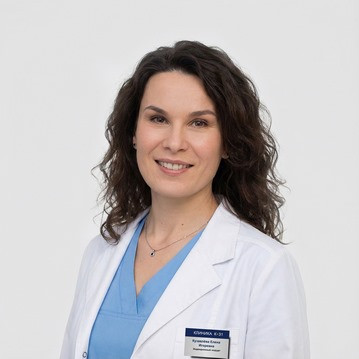
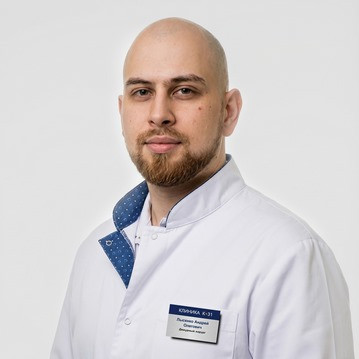
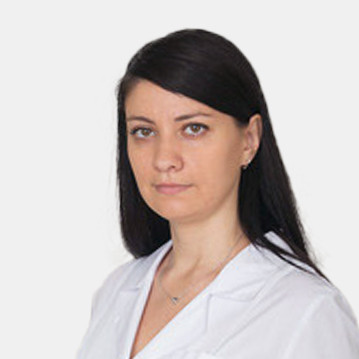
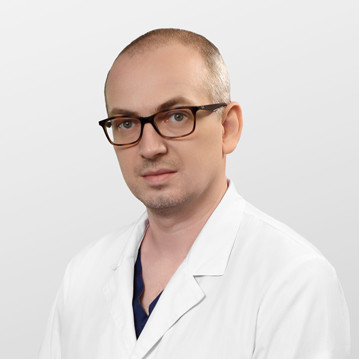
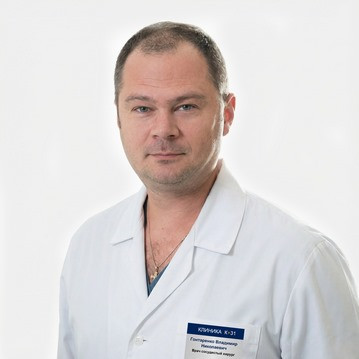
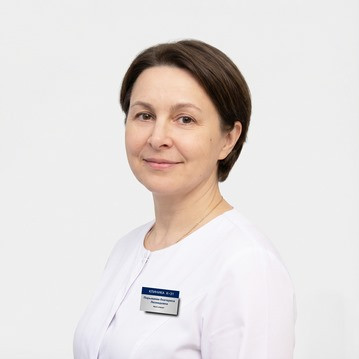
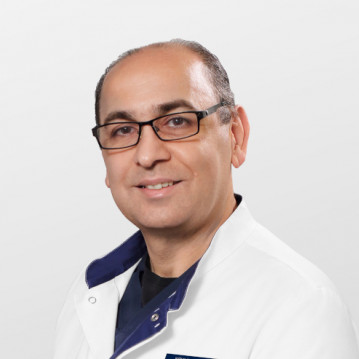
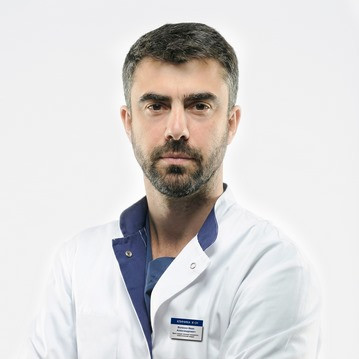
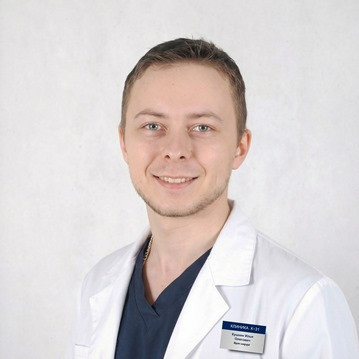
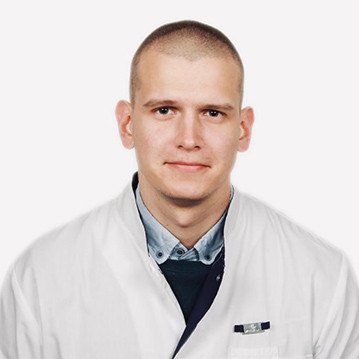
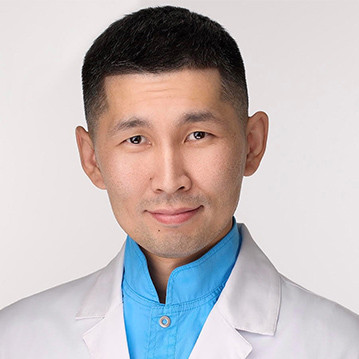


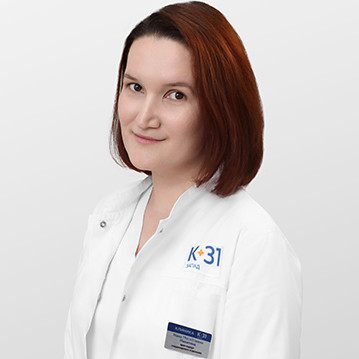
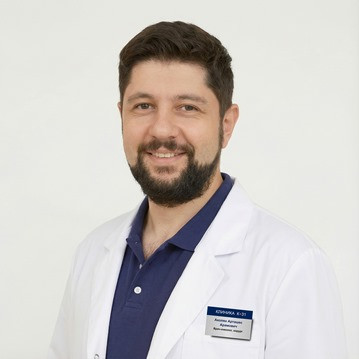
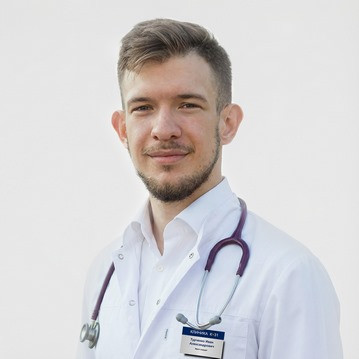

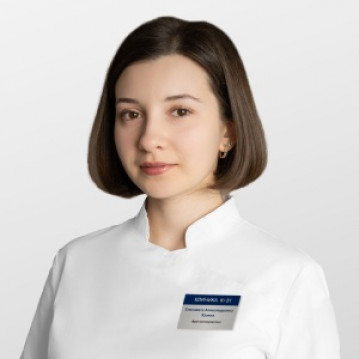
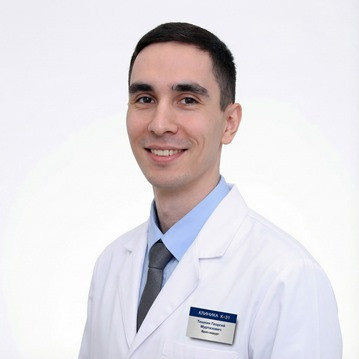
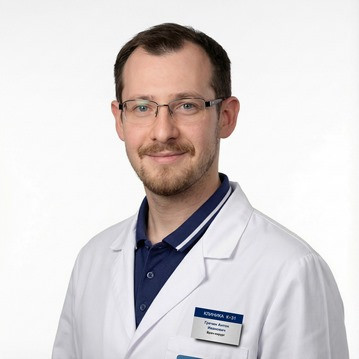
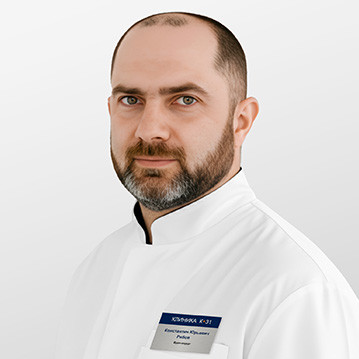
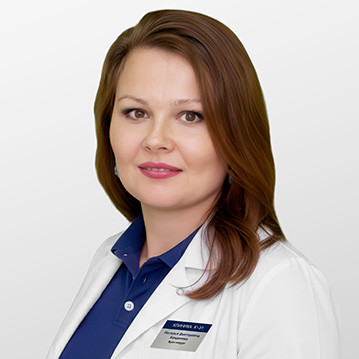
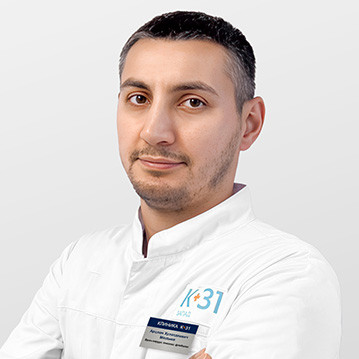
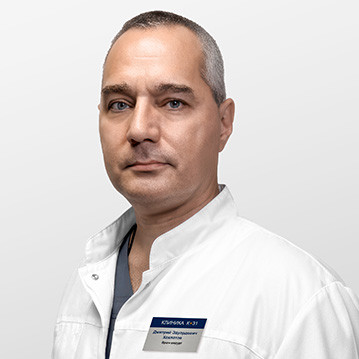
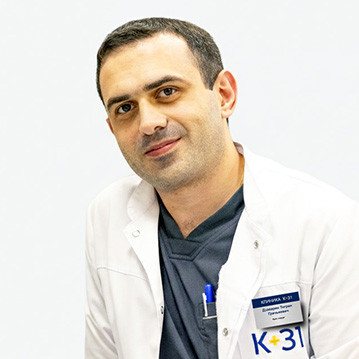

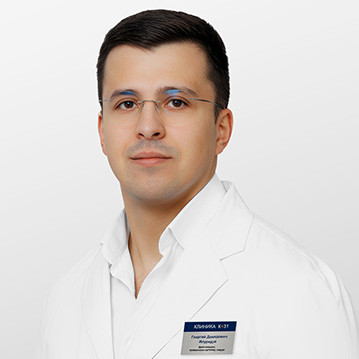
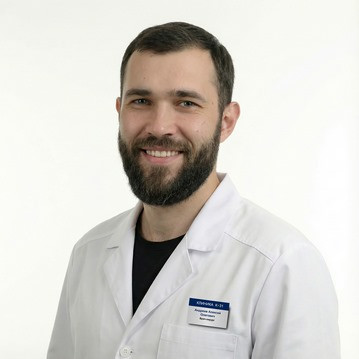
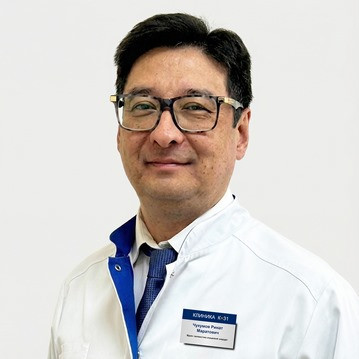

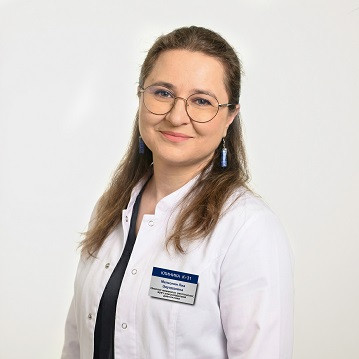
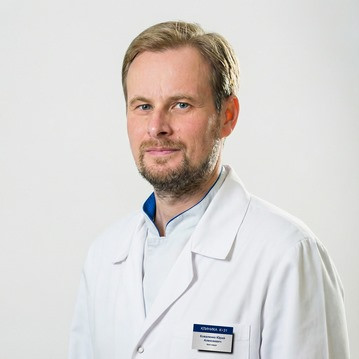
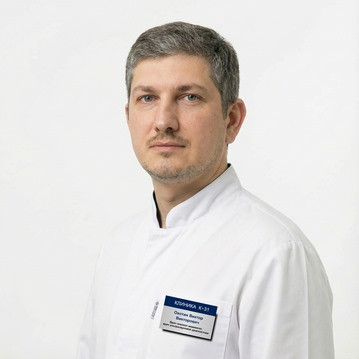




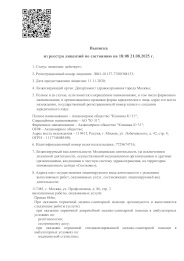
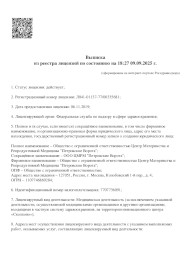
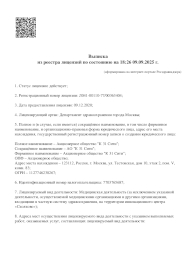
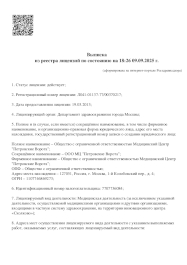
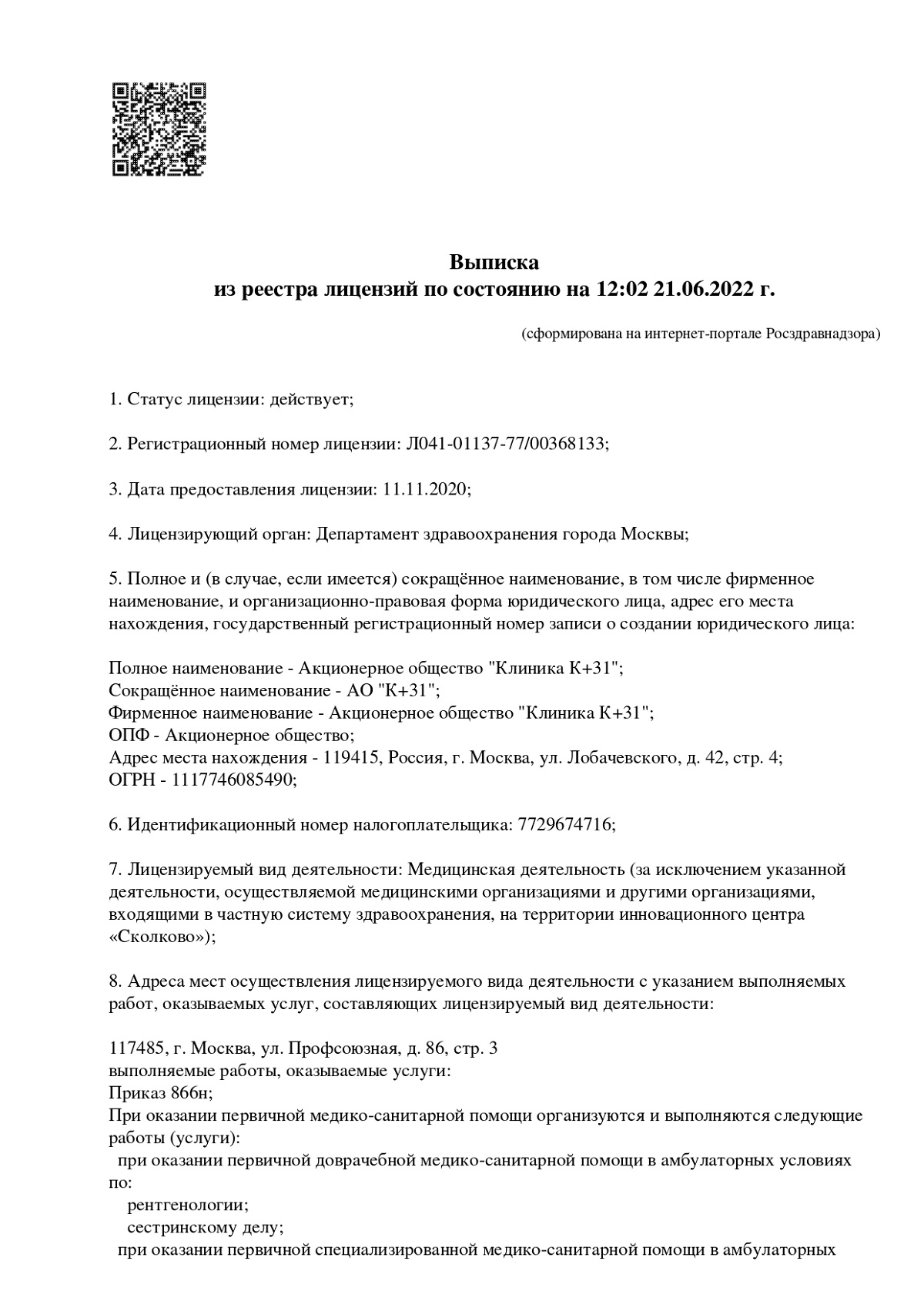
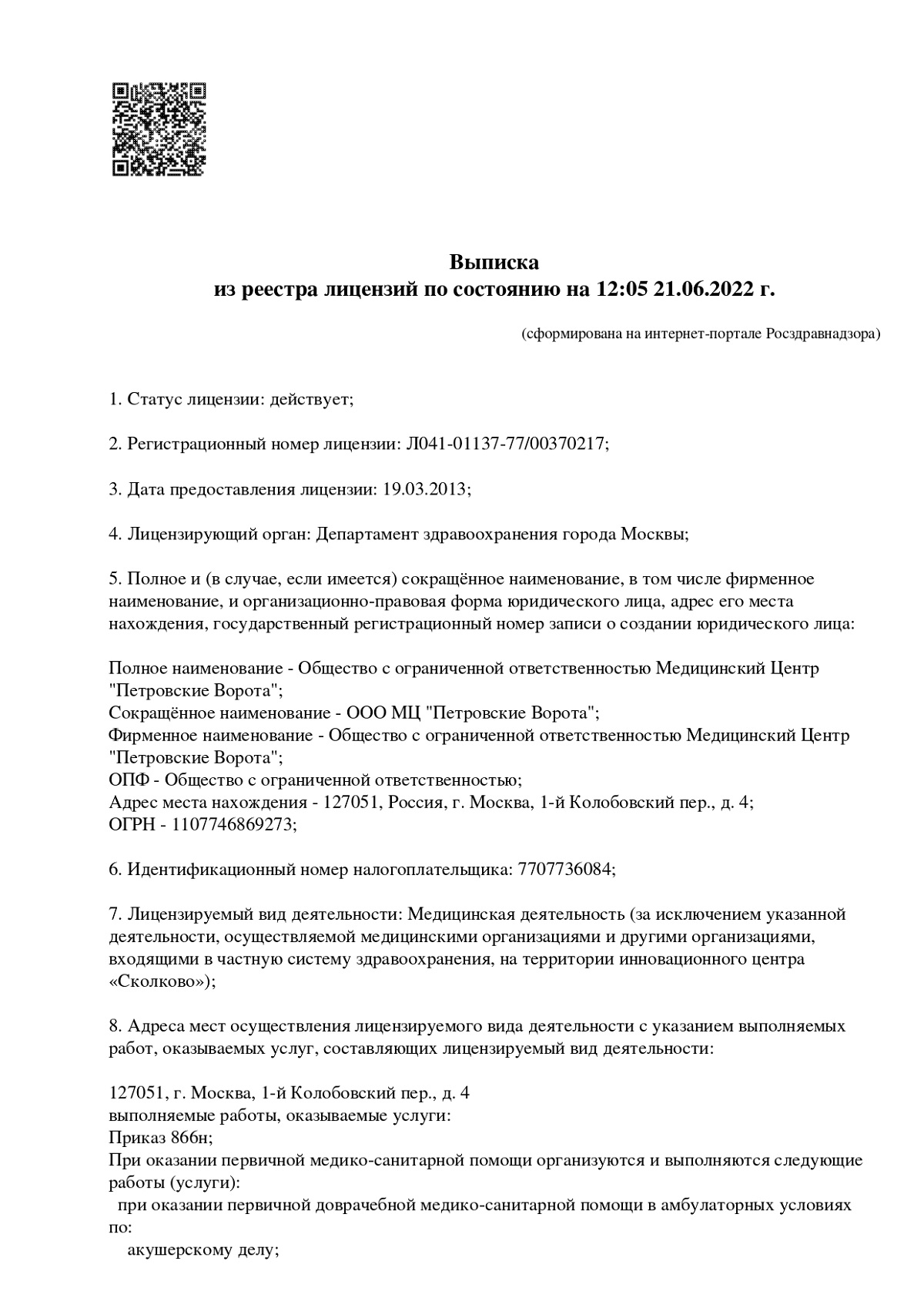
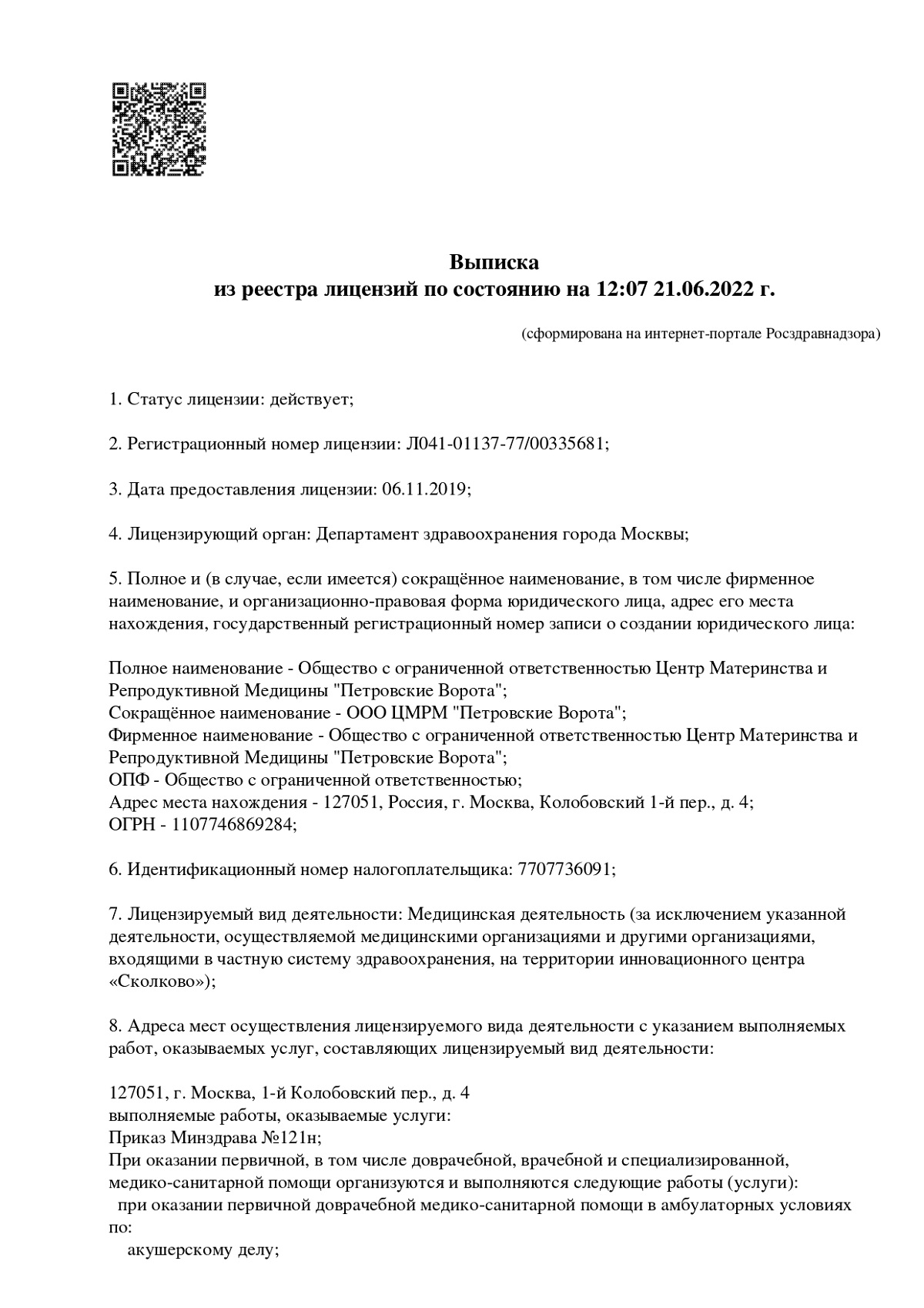
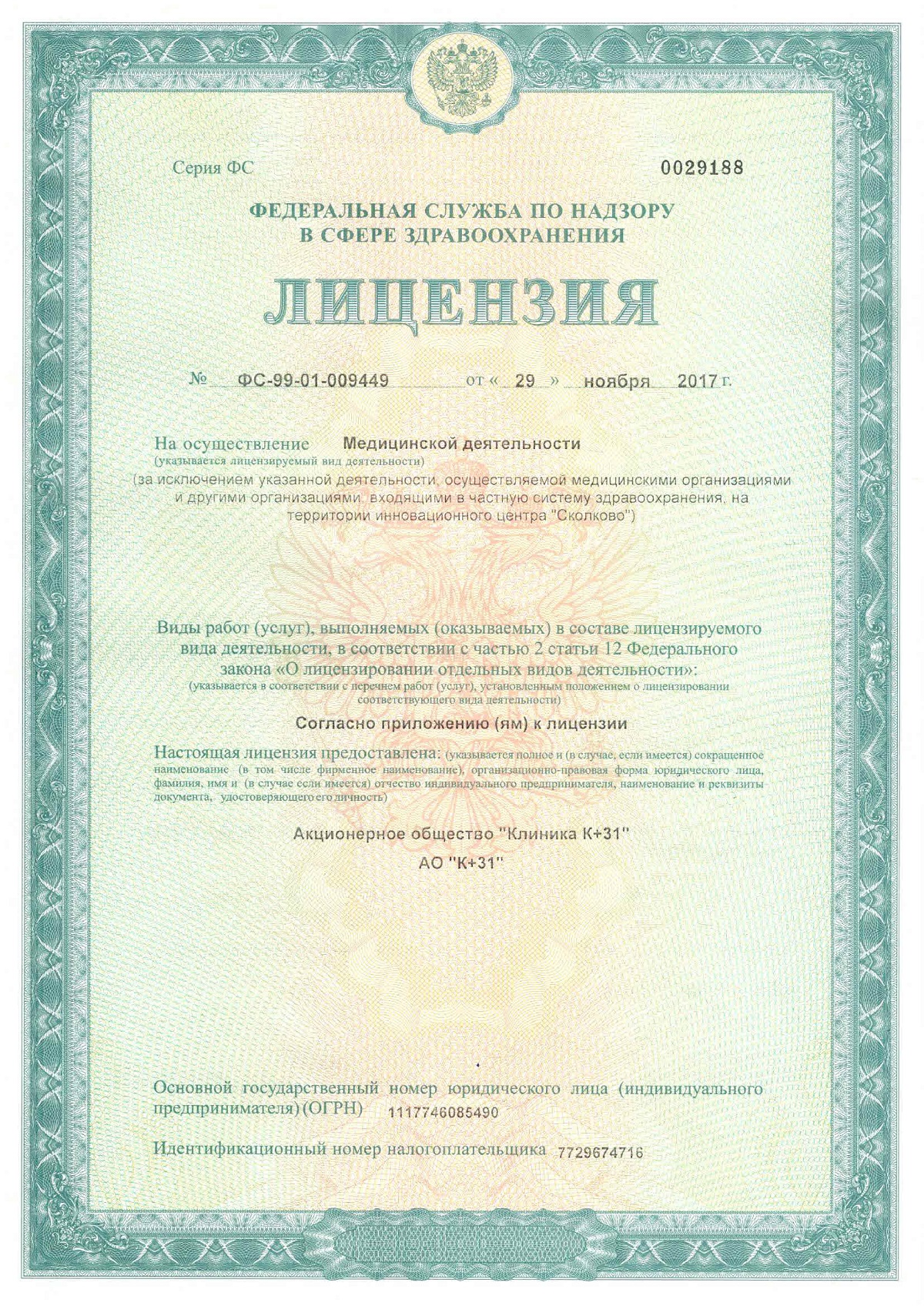
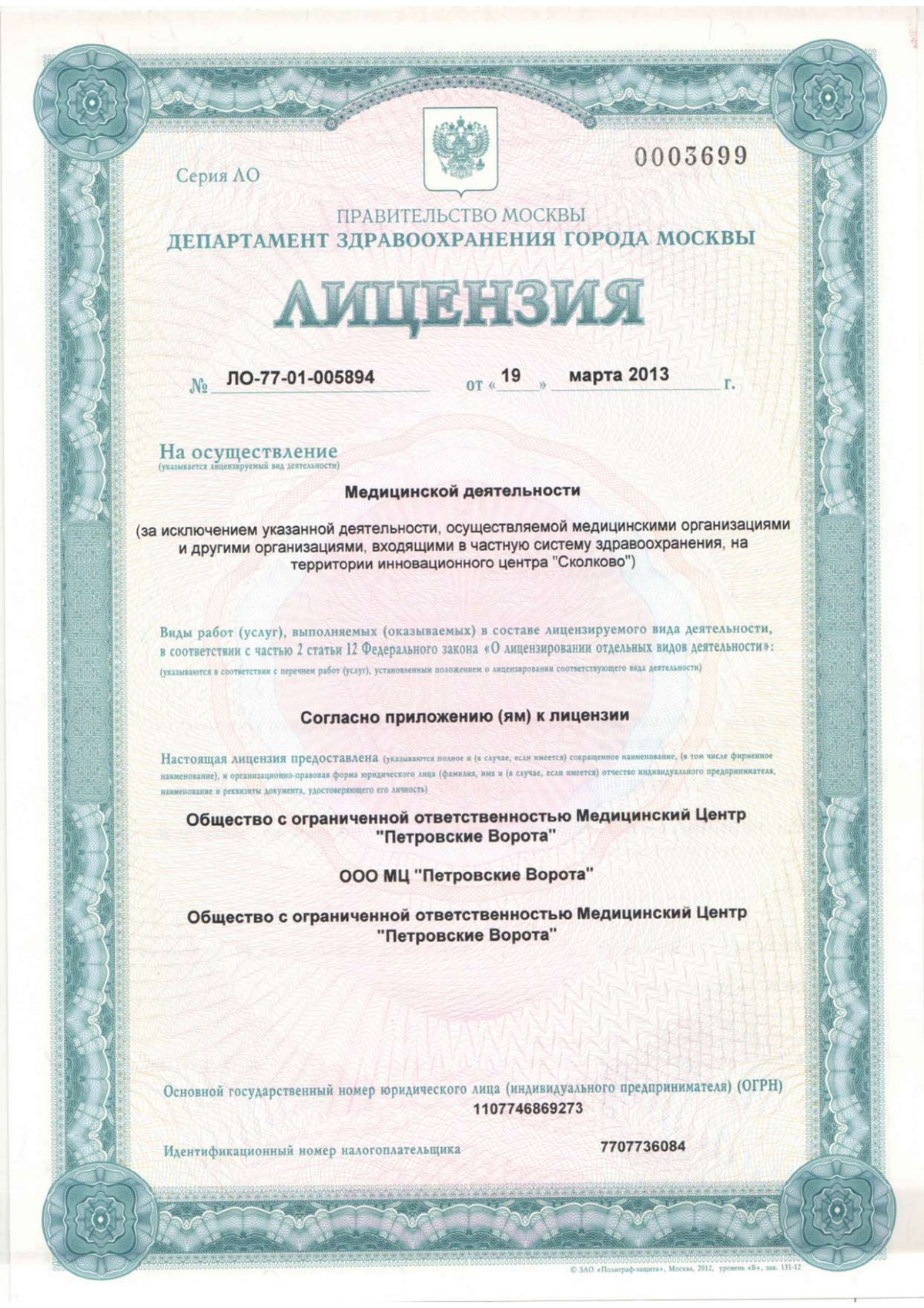
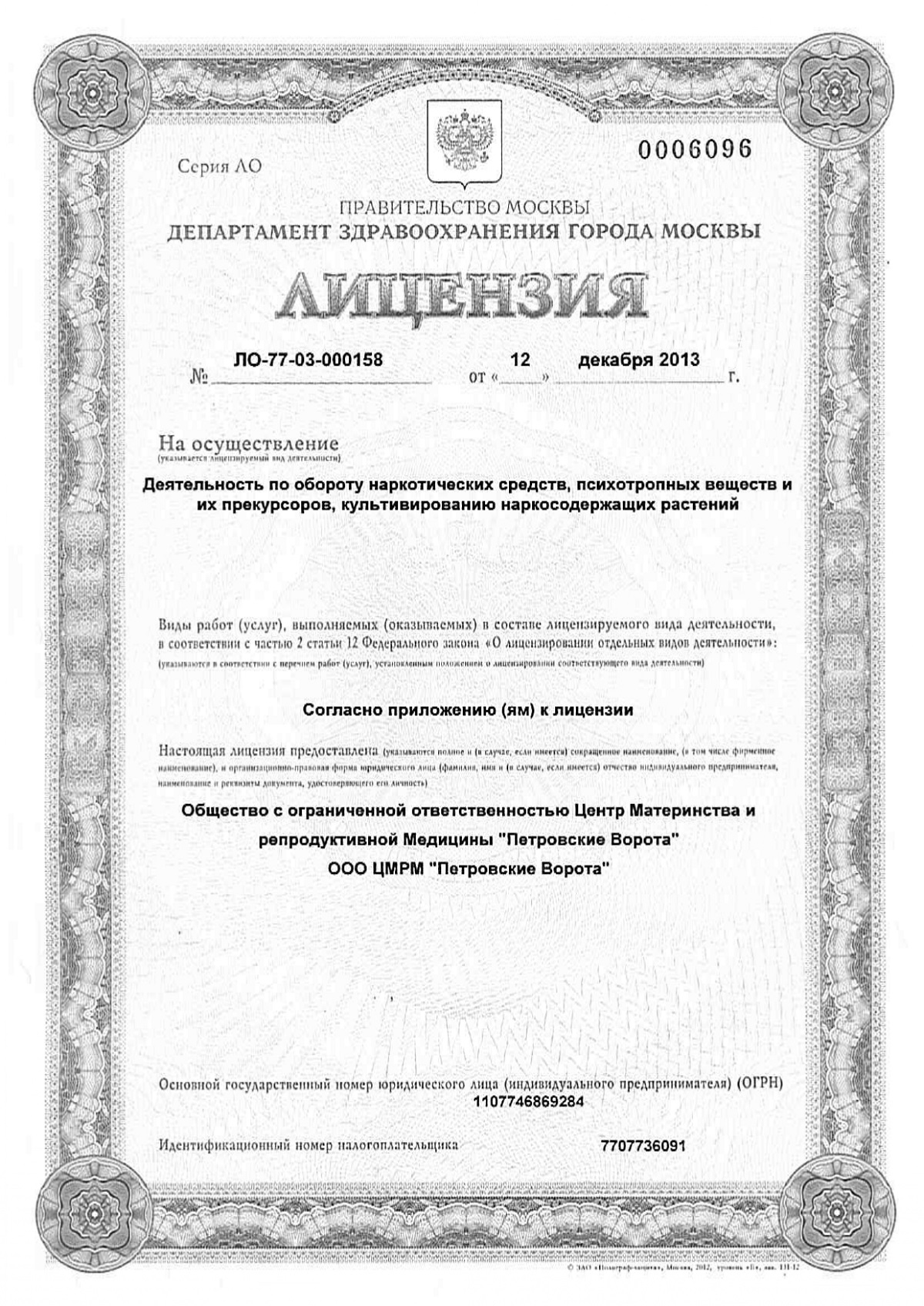
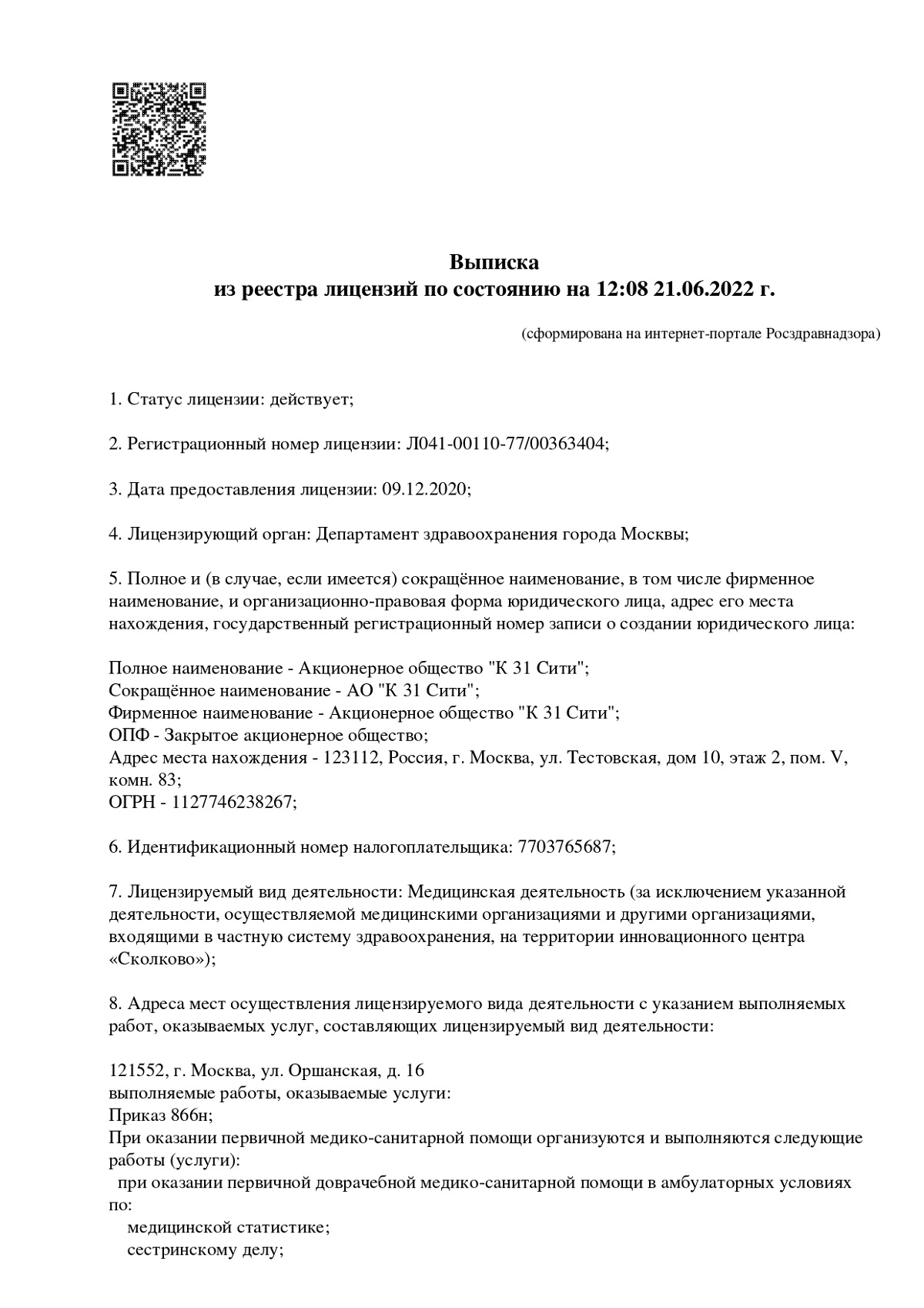
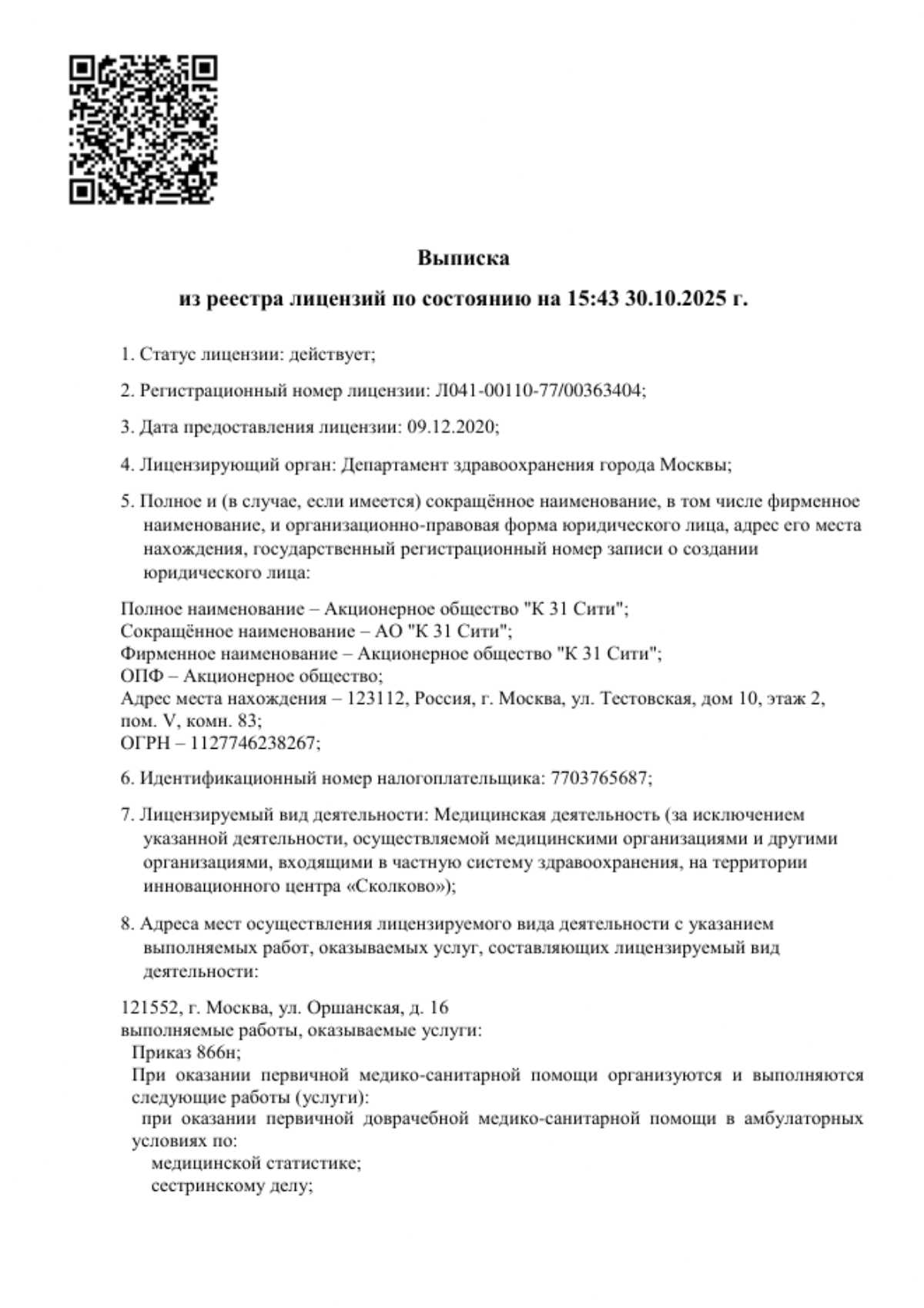
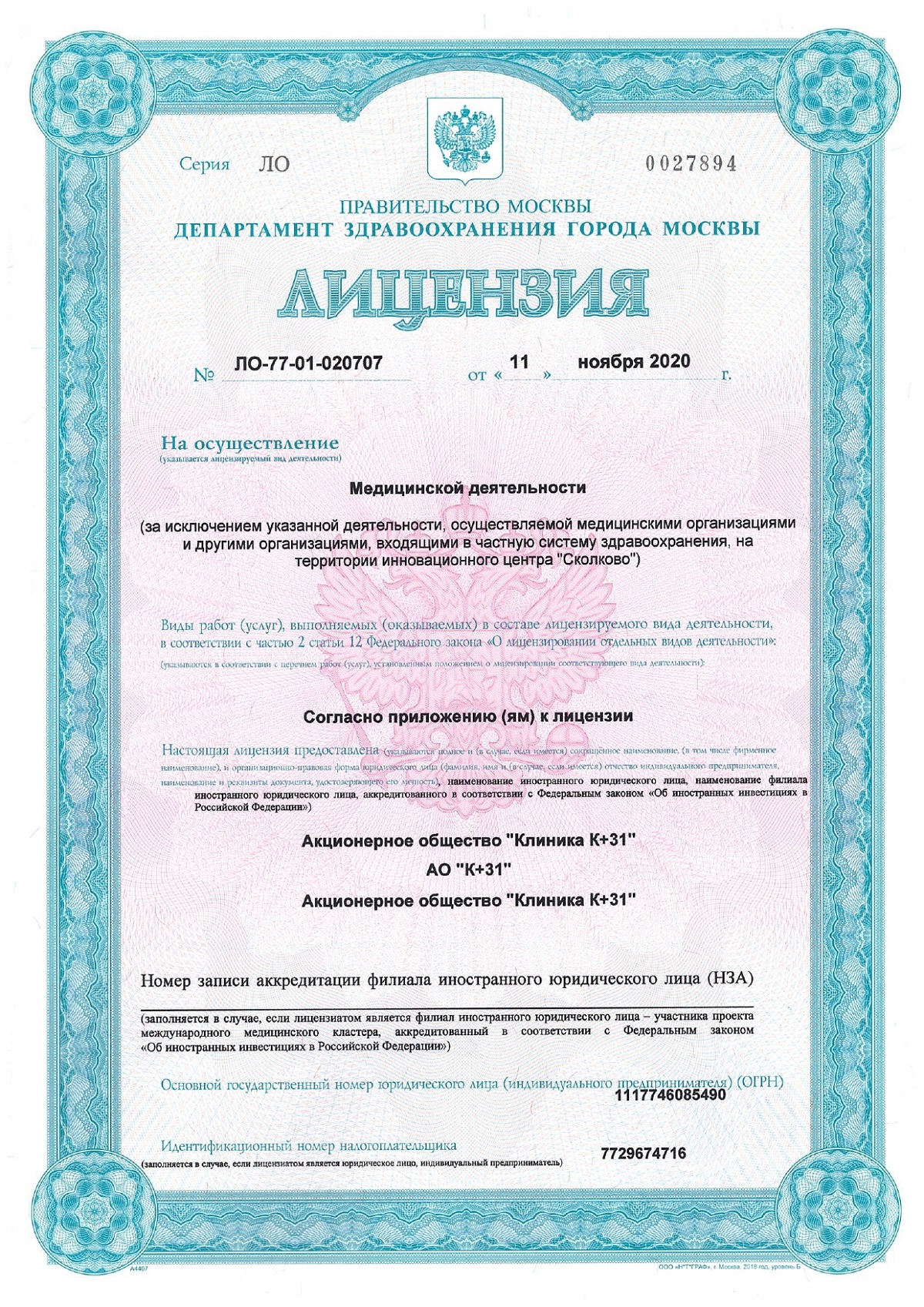
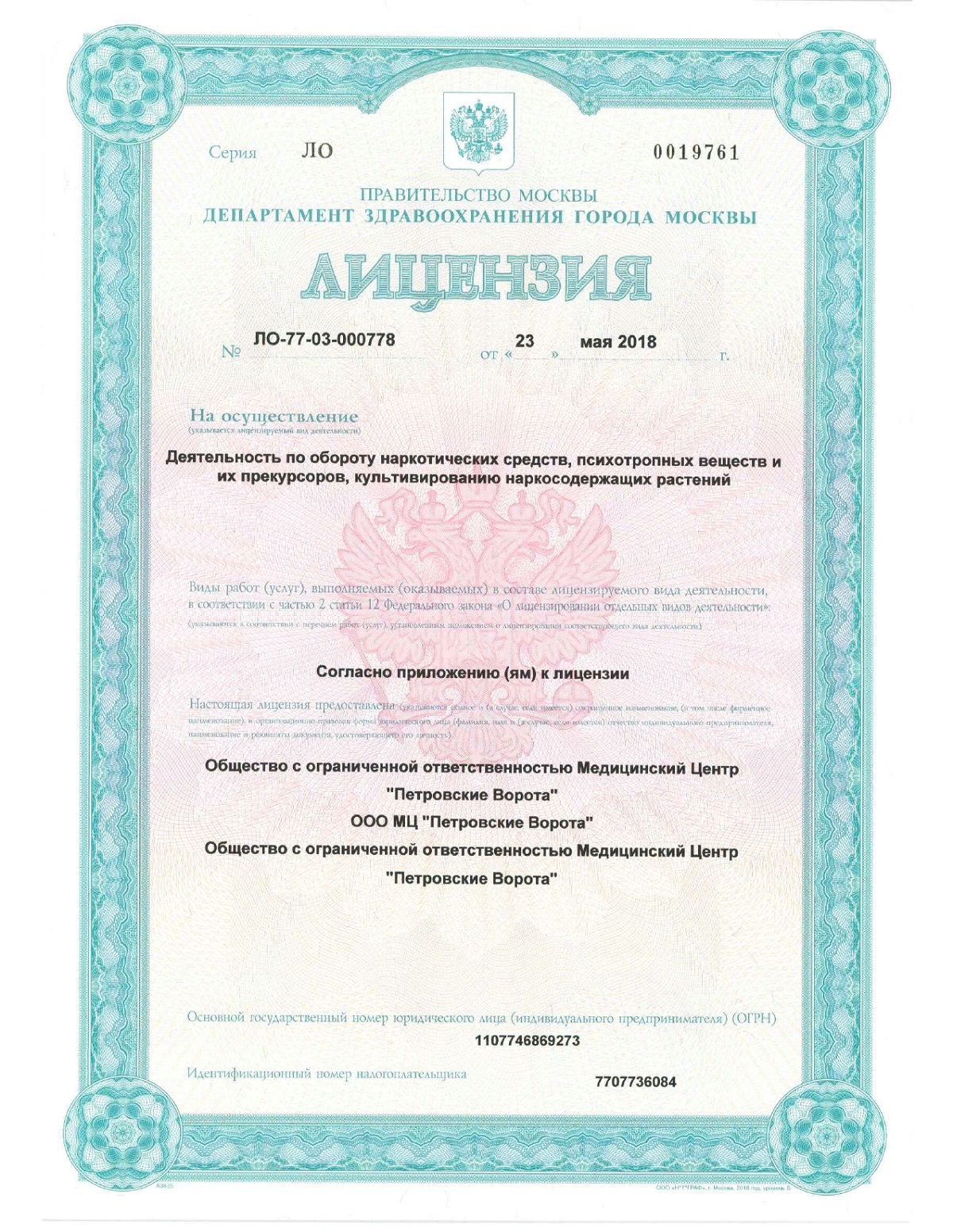
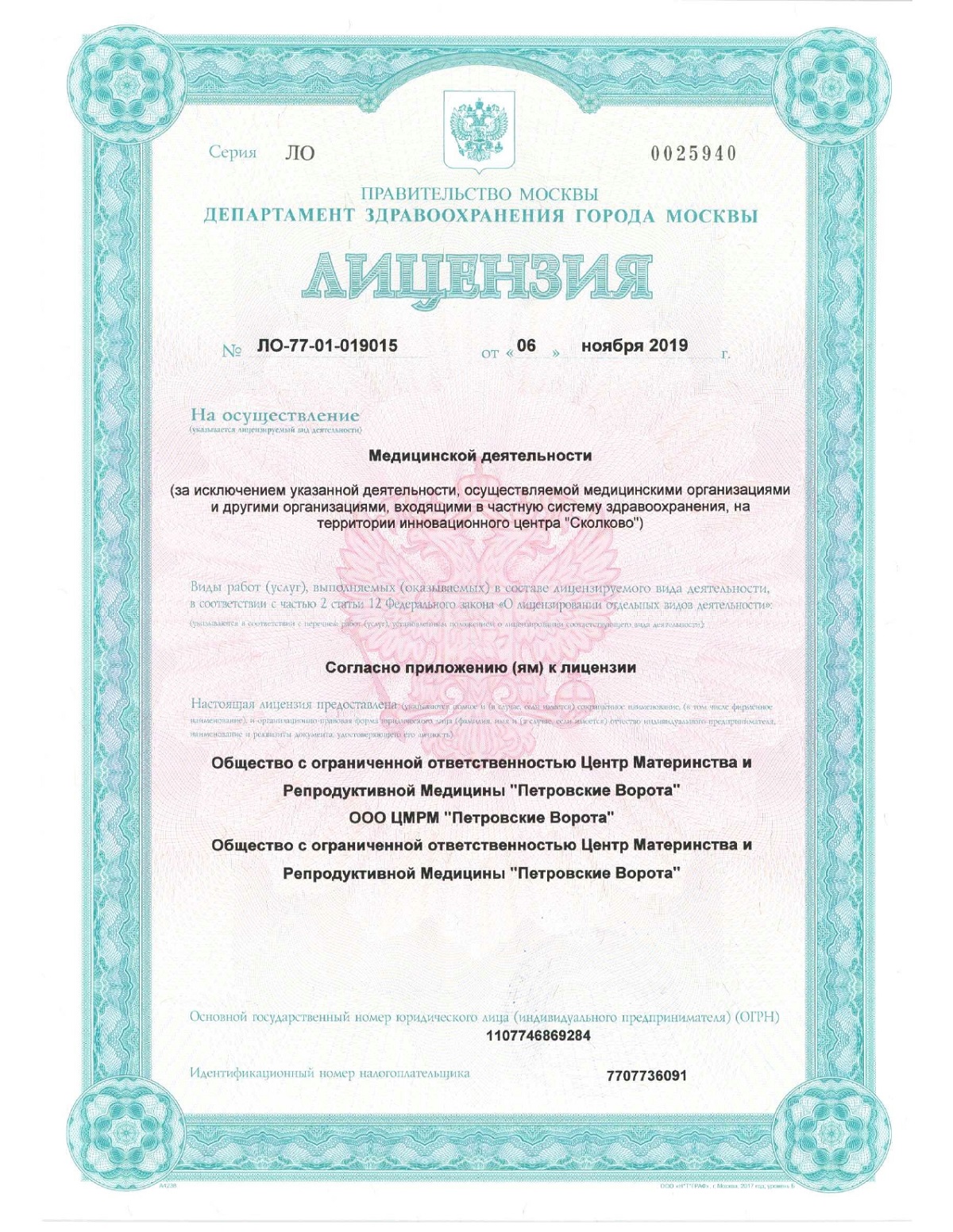
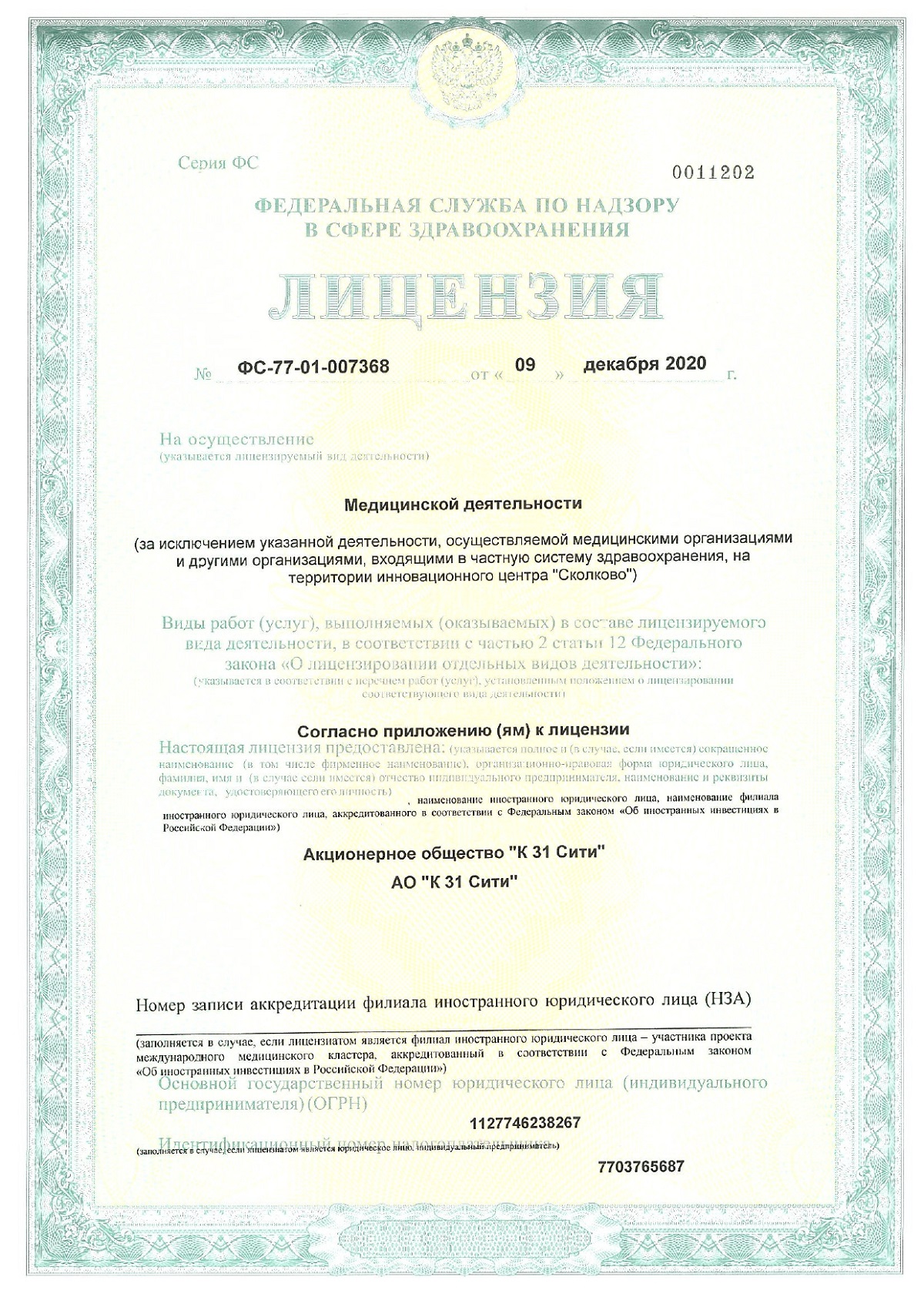



Indications for surgery
Thyroid removal is performed for:
Furthermore, thyroidectomy is necessary for recurrent nodules after previous surgeries. In such cases, conservative treatment is ineffective, and there is a risk of malignancy.